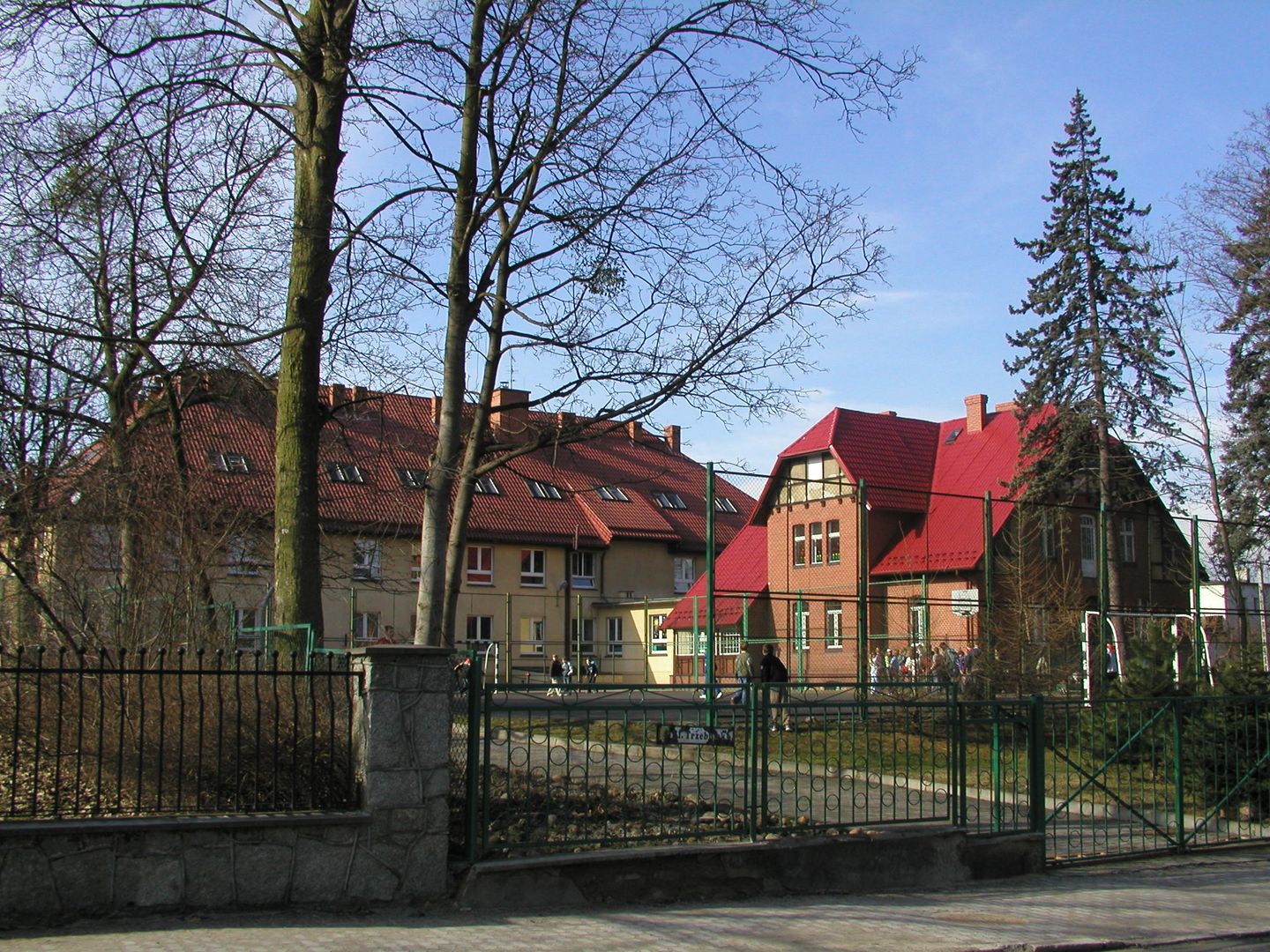Oborniki Śląskie
6.16

Overview
Oborniki Śląskie, located in the northeastern part of the Lower Silesian Voivodeship, is a town with a rich history and numerous historical monuments. Traces of human activity in the area date back to the Mesolithic and Neolithic periods. The town's origins go back to the 13th century, with the first written mention appearing in 1305. In the early 14th century, it came under the rule of the Duke of Oleśnica, and in the following years, it belonged to the Schaubert family, who contributed to the development of the local spa.
In the 19th century, numerous sanatoriums were built in Oborniki, attracting health resort visitors and earning the town the nickname "the green lungs of Wrocław." Among its historical monuments are the Neo-Gothic Church of the Sacred Heart of Jesus and a 19th-century spa complex, including buildings converted into a care facility. Other notable sites include the railway station and the House of the Silesian Maidens, where the Borromean Sisters lived until 1950.
Oborniki Śląskie is home to various religious communities, including the Roman Catholic Church and Jehovah's Witnesses. The town also boasts a rich cultural life, with schools, libraries, and cultural centers. It is known for its international cooperation, maintaining partnerships with towns in Germany, the Netherlands, France, Italy, and Ukraine.
Notable figures associated with Oborniki Śląskie include the Romantic poet Karl von Holtei and former Polish President Bronisław Komorowski. An interesting fact is that in 1945, the town was granted city rights under the name Oborniki Śląskie to distinguish it from Oborniki near Poznań. Over the centuries, the town's name has changed, but its etymology derives from the Polish word "obora" (cattle shed), reflecting the historical occupations of its inhabitants.
Today, Oborniki Śląskie is a town that blends a rich historical heritage with modern social and cultural life.
Location
2026 Wizytor | All Rights Reserved